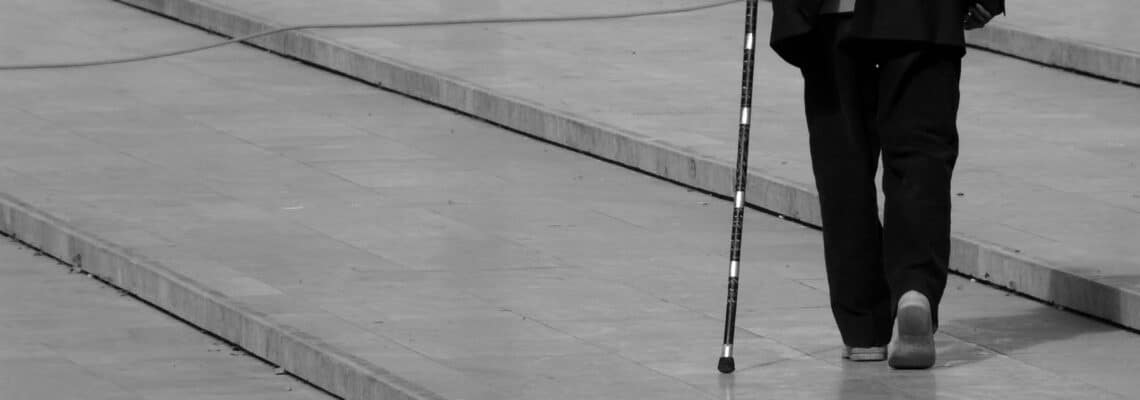According to a Propublica article,New York State’s oversight in the field of nursing care in considerably more lenient when compared with other states in the country. Over the past 15 years, nursing boards around the country have taken steps to tighten the screening process of nurse applicants before issuing licenses and implemented stricter punishments for abusers. New York is seemingly far behind in this process. In New York, applicants are not subject to background checks or fingerprinting when applying for a nursing license; these are procedures used to identify criminal backgrounds and the possibility of legal issues. In addition, it often takes years to discipline nurses that provide substandard care, steal medicine, or physically abuse residents.
Nursing licensure is overseen by the Office of the Professionals (OP), which falls under the Department of Education and Board of Regents (BOR). The OP is allowed to take immediate action against nurses accused of endangering the health and safety of the public, however, in the past they have failed to do so. The Propublica investigation found that the OP often fails to act when they are notified that a nurse has been disciplined by another agency or state. Nursing applicants and nurses are expected to self-report criminal convictions on their application, however many do not, which is why background checks and fingerprinting would be a useful resource. Peggy Chase, a member of the New York nursing board, also part of the OP, stated that there are blind spots in the system and the issue of background checks has never been mentioned at one of their meetings.
In 2005, the National Council of State Boards of Nursing suggested that nursing boards conduct state and federal criminal background checks on all applicants and license holders. In addition to New York relying on a self-report of criminal conviction, license holders are only required to report every three years when their licenses are up for renewal. Other states require much earlier reporting. For example, Georgia requires that nurses report felony convictions in 10 days. When nurses in New York do report their criminal behavior, in many instances, action is still not taken by the board. A nurse reported a DUI from 2010 on her 2013 renewal application and received her license one month later, only to receive another letter saying that she was being investigated. A hearing was held in May 2014, 9 months after she disclosed her criminal background, followed by a one month suspension a year later in September 2015.
The BOR has a complex process for disciplining nurses who are accused of misconduct. First, a member of the state nursing board and an investigator of the OP partner together to discuss what occurred and possibly recommend discipline. Next, a member of the BOR’s Professional Practices Committee (PPC) reviews and refines the recommendation. Finally, the entire BOR decides whether to approve the final recommendation at their monthly meeting along with recommendations for discipline from 53 other professions that are overseen by the OP. Regent Wade Norwood, co-chair of the PPC, responded in defense of the process that the layers help to ensure that the recommendations are fair and thorough. Regent Catherine Collins disagreed with Wood, saying that she does not believe the board has a deep enough understanding of each profession and that it is crucial to pay attention to professions that care for the vulnerable population.
The National Council of State Boards Nursing is a nationally run system that automatically alerts states of disciplinary action taken against a nurse licensed in their state; in New York these notifications are received by the OP. An analysis of disciplinary records in Connecticut, Pennsylvania, and New Jersey showed that OP does not punish nurses who were disciplined by other states. In 2013, 13 nurses were disciplined by Connecticut and only three of those nurses were sanctioned in New York.
For example, Celeste Nwanna voluntarily surrendered her license in New Jersey because she was facing criminal charges for drugging an elderly resident at a group home which resulted in the patient being taken to the emergency room. Two years after the incident, she applied for a license in Connecticut and to renew her license in New York. Connecticut denied her application because she lied about her criminal past, however, New York approved her application, which remains active today.
Nursing care reform is desperately needed in the state of New York, nurses who are known to be abusive are still being allowed to practice, which is not fair to the people they treat.
Website Reference:





